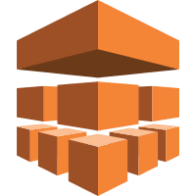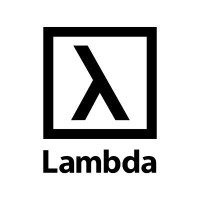 Google Cloud
Google CloudComing of age in the fifth epoch of distributed computing, accelerated by machine learning
Reflections on the history of distributed computing, current challenges, and predictions for the next generation of computing services.
 AWS ML
AWS MLDetect anomalies in manufacturing data using Amazon SageMaker Canvas
Detect anomalies in manufacturing data with Amazon SageMaker Canvas
 Ink and Switch
Ink and Switch02 · Writing prose
Exploring the concept of version control for writers and the potential benefits it offers to the writing process.
 Google DeepMind
Google DeepMindOur next-generation model: Gemini 1.5
Gemini 1.5 is the next-generation model with improved performance and long-context understanding, allowing for new capabilities and enhanced user experience.
 Lambda Labs
Lambda LabsLambda Raises $320M to Build a GPU Cloud for AI
Lambda raises $320M in funding to build a GPU cloud for AI, providing access to thousands of NVIDIA GPUs and high-speed networking.
What is the difference between "do" and "make" in English?
Learn the difference between 'do' and 'make' in English with a simple memory trick.
 Cloudflare
CloudflareSafeguarding your brand identity: Logo Matching for Brand Protection
Detect and protect against unauthorized logo usage with Cloudflare's Logo Matching feature, part of their Brand Protection suite.
 Databricks
DatabricksAccelerating Success with Databricks: A Deep Dive into antuit.ai's Decision and Customer Impact
A deep dive into antuit.ai's decision to use Databricks, showcasing the impact on customer success and the benefits of scalability and efficiency.
 Databricks
DatabricksDatabricks adds new migration Brickbuilder Solutions to help customers succeed with AI
Databricks introduces new migration Brickbuilder Solutions to facilitate successful AI implementation.
 OpenAI
OpenAIDisrupting malicious uses of AI by state-affiliated threat actors
Mitigating risks in AI security against state-affiliated threat actors.
 GitHub
GitHubFixing security vulnerabilities with AI
Empowering users to fix security vulnerabilities using AI-enhanced code scanning autofix on GitHub.
 Google Cloud
Google CloudFeel the Next '24 love: Full session catalog is now live
Browse the full session catalog for Google Cloud Next '24 and experience a larger event with increased technical depth and a focus on generative AI.